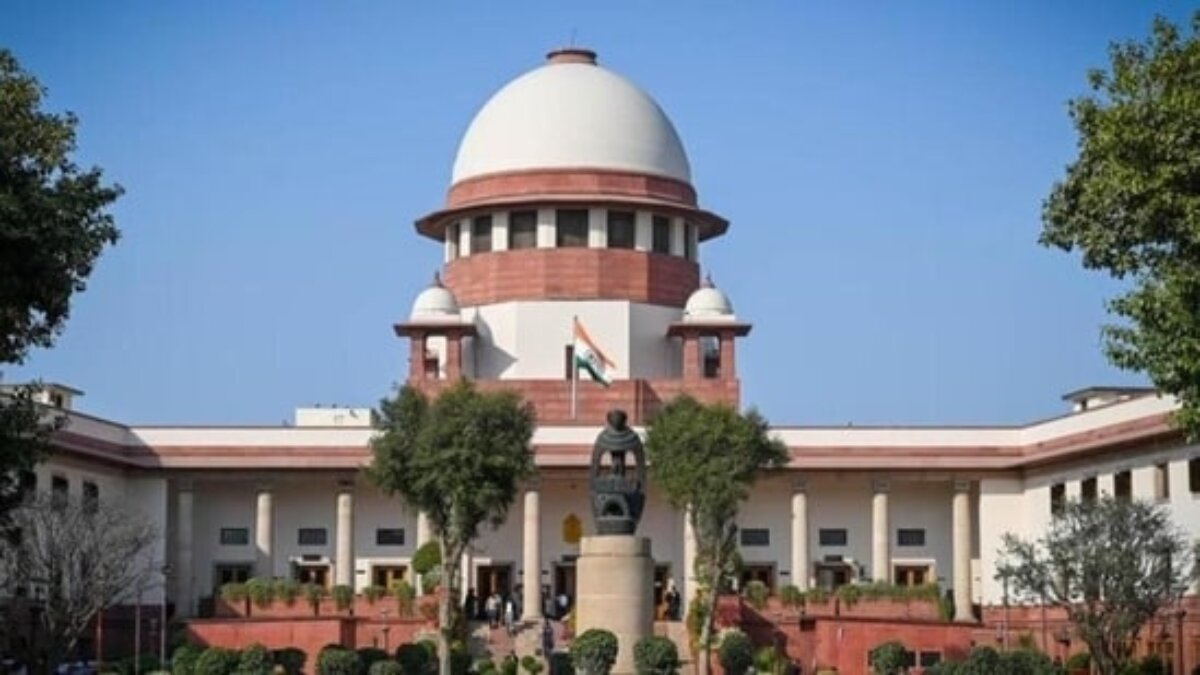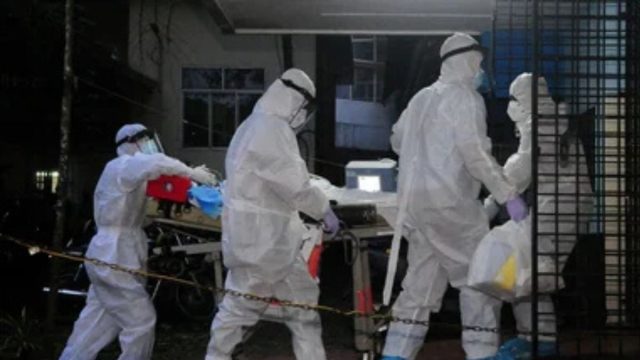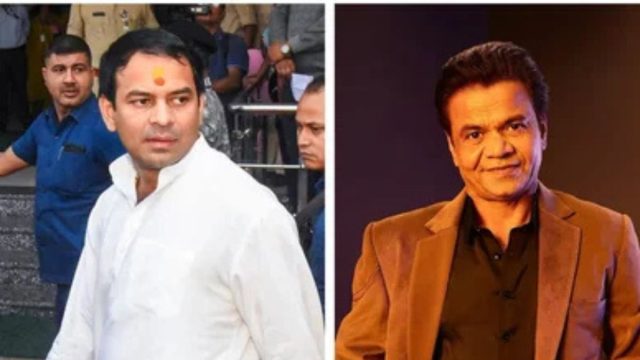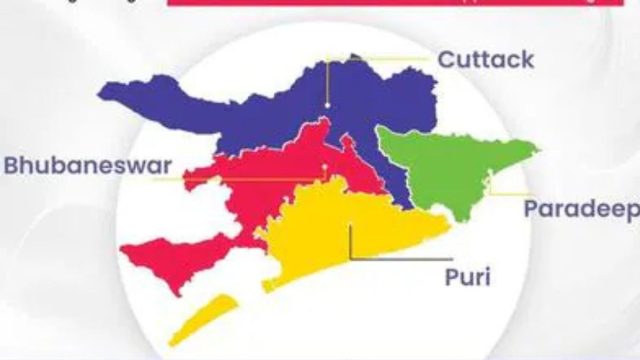In a landmark ruling, the Supreme Court of India has declared that the storage and private viewing of child sexually exploitative abuse material (CSEAM) is an offence under the Protection of Children from Sexual Offences (POCSO) Act. The three-judge Bench, led by Chief Justice of India D.Y. Chandrachud, overturned a Madras High Court decision that downloading and privately viewing such material did not constitute a crime under POCSO.
The judgment was delivered in response to a petition filed by the NGO coalition, Just Rights for Children Alliance. Justice J.B. Pardiwala, who authored the ruling, also announced the banning of the term ‘child pornography,’ urging Parliament to amend the law and replace it with ‘Child Sexually Exploitative Abuse Material (CSEAM).’ The Bench directed all Indian courts to adopt this new term in future rulings.
This Supreme Court ruling counters the Madras High Court’s previous verdict, which had quashed proceedings against a 28-year-old man accused of downloading CSEAM. The High Court had ruled that private viewing of the material did not fall under Section 67B of the Information Technology (IT) Act, 2000. It had also cited a Kerala High Court case, which allowed for private consumption of pornography under Section 292 of the Indian Penal Code.
Monday’s judgment reinstates criminal proceedings against the accused, with Chief Justice Chandrachud calling it a “groundbreaking” moment in child protection law.




